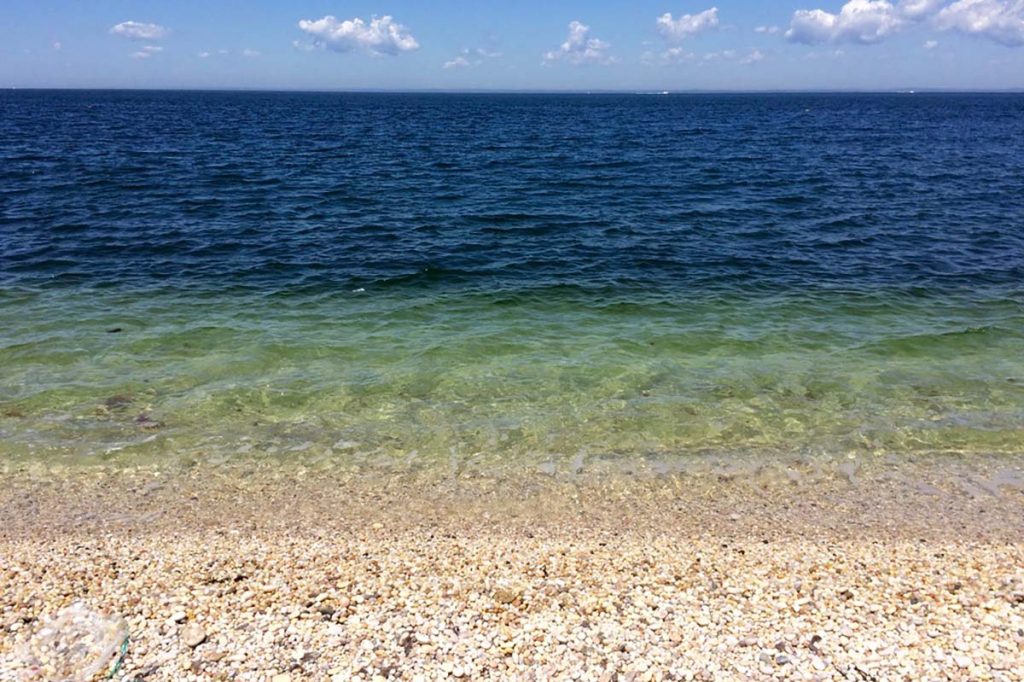Travelers heading to New York City for the Fourth of July weekend are opting for coastal destinations instead of urban ones. Bookings for short-term rentals in coastal destinations in Delaware and Maryland are up more than 7% from last year, while urban destinations like New York City have seen a 10% drop in bookings. This shift in travel trends is attributed to a decrease in supply in urban areas, according to data from AirDNA. This change in booking patterns reflects a broader trend of travelers seeking out more open and less crowded destinations for their holiday getaways.
In other news, Jeff Miller, the CEO and president of Travel Portland, will be retiring in December after leading the organization for 19 years. Miller has been a vocal advocate for the city, particularly against negative news coverage that has impacted Portland’s reputation. He has worked to rebook conventions that were initially canceled due to civil unrest in the city, but acknowledges that there is still progress to be made. Miller’s retirement marks the end of an era for Travel Portland, and the organization will now begin the search for a new leader to continue promoting the city as a top travel destination.
The post-pandemic tourism surge has led to an increase in prices for various services around the world. Inflation has been linked to the tourism boom, with countries like Iceland and Greece experiencing price increases due to a rise in visitor numbers. For example, a 10% increase in visitors to Greece could lead to a nearly 4% increase in property prices. Inflation has also been tied to major concert tours, such as those of Taylor Swift and Beyonce, which attract large crowds of visitors and drive up prices for accommodations and other services. This trend of rising prices in popular tourist destinations highlights the impact of increased tourism on local economies.
As travelers continue to plan their summer vacations and Fourth of July getaways, they are gravitating towards destinations that offer more space and less crowds. Coastal destinations in Delaware and Maryland are seeing a surge in bookings for short-term rentals, while urban areas like New York City are experiencing a decrease in bookings. This shift in travel behavior reflects a changing preference among travelers for more open and less crowded environments, especially in light of the ongoing pandemic. It also poses challenges for urban destinations that rely heavily on tourism, as they must adapt to changing traveler preferences and work to attract visitors in new ways.
Jeff Miller’s retirement from Travel Portland marks the end of an era for the organization, as he has been a long-time advocate for the city and its travel industry. Miller’s efforts to rebook conventions and promote Portland as a top travel destination have been instrumental in shaping the city’s tourism landscape. As Travel Portland begins the search for a new leader, the organization will need to navigate the challenges of rebuilding its reputation and attracting visitors back to the city after a period of civil unrest. The new CEO will play a key role in shaping the future of Portland’s tourism industry and navigating the post-pandemic travel landscape.
Overall, the impact of inflation on travel prices is a key consideration for travelers and businesses in the tourism industry. As visitor numbers increase in popular destinations like Greece and Iceland, prices for accommodations and services also rise, leading to challenges for travelers looking to budget for their trips. Major events like concert tours can also contribute to inflation, as they draw large crowds of visitors and drive up demand for services. Understanding the link between tourism and inflation is crucial for businesses and travelers alike, as they navigate the changing landscape of travel in a post-pandemic world. The travel industry will need to adapt to these challenges and find innovative solutions to meet the needs of travelers while also ensuring economic sustainability for local communities.


